- We inspectors are like specialized forensic technicians

NORSAR’s Morten Sickel is a radionuclide expert in the CTBTO’s On-Site Inspection team.

NORSAR’s Morten Sickel is a radionuclide expert in the CTBTO’s On-Site Inspection team.

Excellent teamwork gave results! Get an insight into our work in 2023: monitoring compliance with the Comprehensive Nuclear-Test-Ban Treaty and innovative solutions for the benefit of Norwegian society and our clients worldwide.
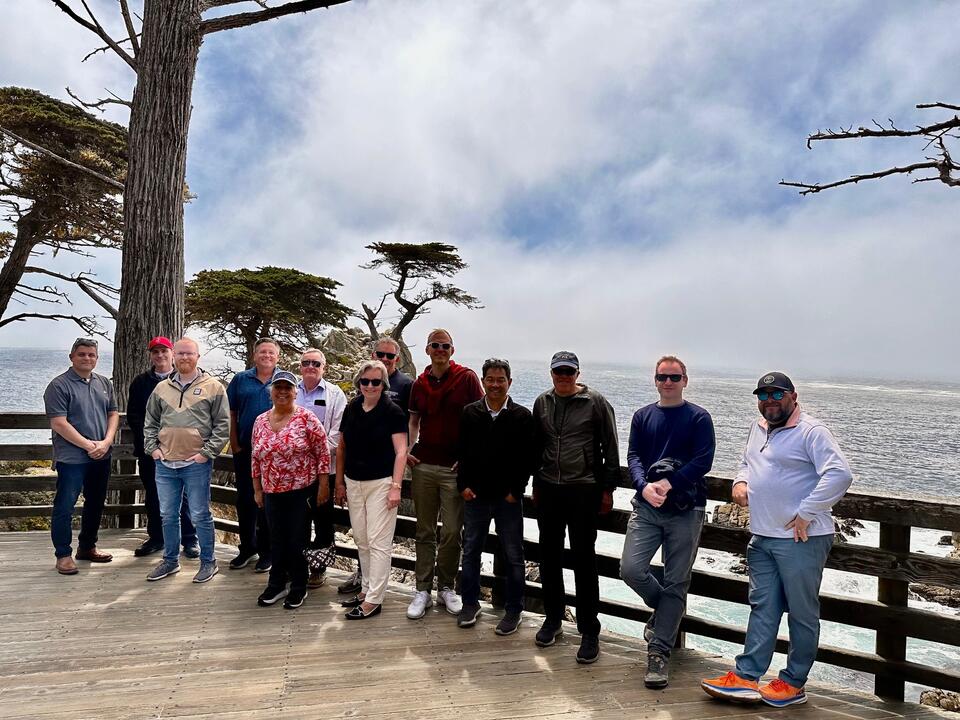
Last week, a delegation from NORSAR was in the USA to participate in the annual knowledge exchange with AFTAC, a highly valuable and long-standing collaborator for us.
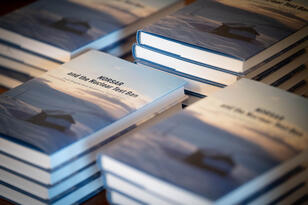
“NORSAR and the Nuclear Test Ban” documents our over 50 years of efforts for the Comprehensive Nuclear-Test-Ban Treaty – NORSAR contributed to the negotiations leading up to the Treaty and have been central in the development of the Treaty’s verification regime. The book was initially released in print format in early 2023 and is now available to everyone in a digital version!
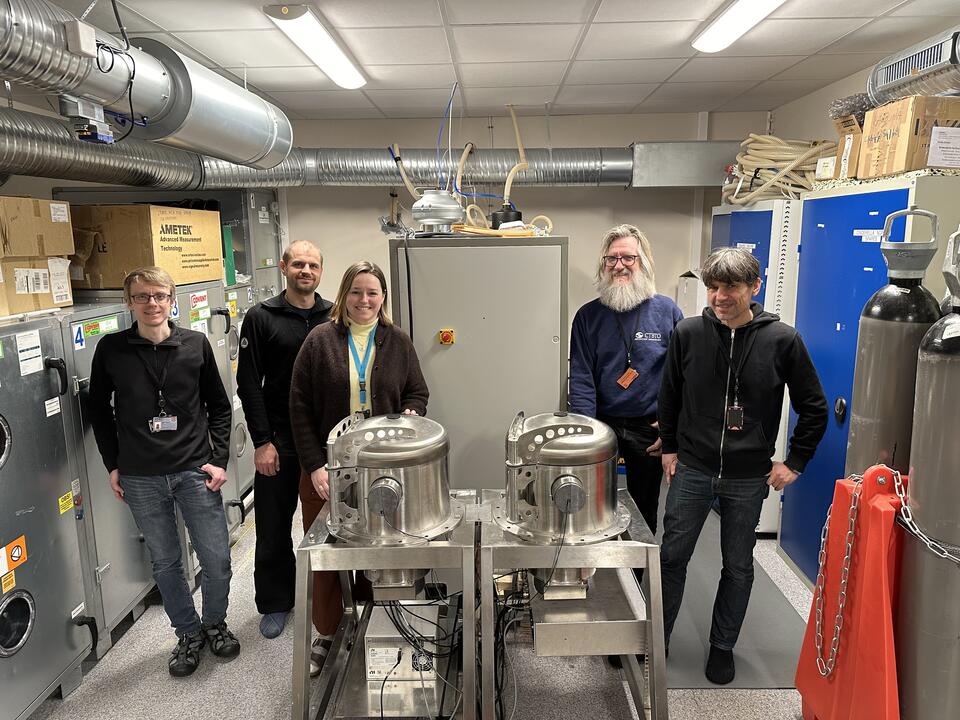
After two decades of reliable service, the radionuclide station RN49 on Platåberget, west of Longyearbyen on Svalbard, has been renewed. Last week, an expert team was on site to ensure that the station meets the CTBTO’s standards for monitoring stations.
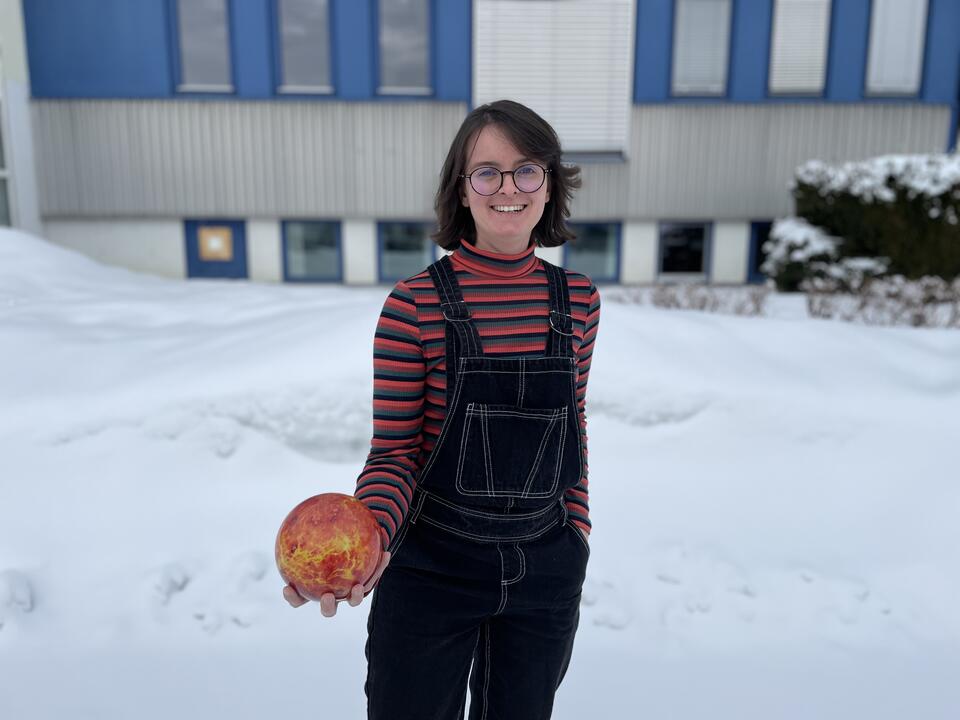
Marouchka Froment joined NORSAR in February as a postdoctoral researcher in the AIR project.
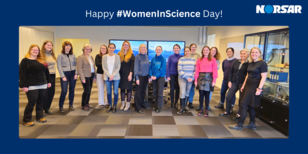
In 2024, despite progress, women are still underrepresented in the fields of science and technology. This International Day of Women and Girls in Science, we celebrate our female researchers at NORSAR!

We are strengthening our capacity in political analysis.
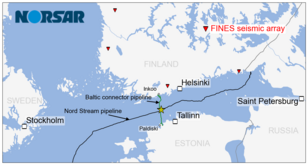
NORSAR has recorded seismic signals near the Balticconnector gas pipeline in the Baltic Sea. The signals indicate a possible explosion at around 01:20, local time in Finland, 8 October 2023.
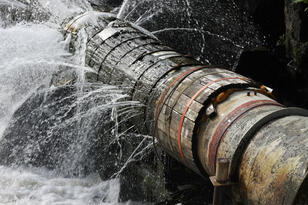
At NORSAR, we are continuously testing and developing technologies to utilize our expertise in vibration measurement and fiber optics for purposes of social benefit. Over the previous few years, we have investigated the possibility of using fiber optic sensing technology to detect water leaks in the pipeline network. The results are promising.
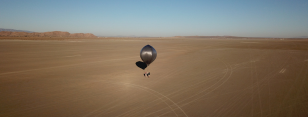
The next three years, the researcher project AIR, will assess the feasibility of exploring Venus’ interior using Balloon-borne seismology.
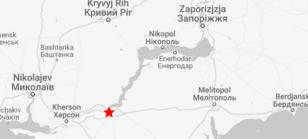
NORSAR has analysed seismic signals from regional stations in connection with the collapse of the dam in Ukraine on Tuesday 6. June 2023.

This week, NORSAR played host to representatives from AFTAC, a highly valued cooperation partner dating back to the early 1970s.
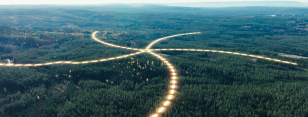
New opportunities for research on the use of fibreoptic sensing technology! NORSAR has established a new large-scale research facility at Stendammen, Løten, called the NORFOX array.
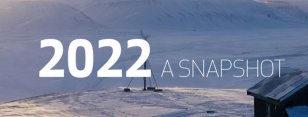
2022 was a good year for us at NORSAR. In this year's snapshot, you can read about our important work within the test ban treaty, fiber technology, safe and transparent storage of CO2 and our work on a safer society against natural hazards.
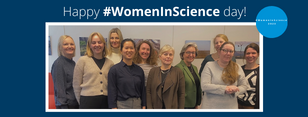
On 11 February, we celebrate the International Day for Women and Girls in Science. The aim is to increase the representation of women within scientific disciplines. Get to know some of our female colleagues!
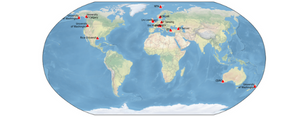
The IRIS Distributed Acoustic Sensing (DAS) Research Coordination Network (RCN) is coordinating a global measurement campaign of fibre systems in the period 1-28 February 2023.

The Multi-hazard and Resilient-informed system for Enhanced Local and Regional Disaster risk management (MEDiate) project will contribute to enhanced assessment of disaster risks and to improved disaster risk management and governance.
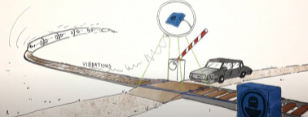
Today, the company Nordic Technology group (NTG) was listed on the stock exchange. This group includes Wavetrains Systems, which 12 years ago set itself the goal of making it safer to cross train tracks. Research and development from NORSAR has made this possible.
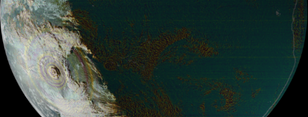
Science has published a new article regarding atmospheric waves and global geophysical observations of the January 15th, 2022 Hunga eruption, Tonga. Norwegian institutes have contributed.
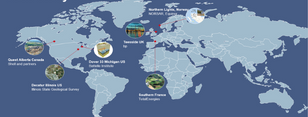
Data collection from a downhole fiber cable has now commenced in Canada, allowing the project team to compare events registered by fiber, surface geophone arrays and downhole geophone instrumentations.
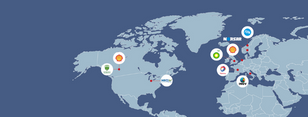
NORSAR will lead a newly funded research project on Carbon Capture and Storage (CCS). Together with partners, the project has been allocated funds from the Norwegian Research Council and will take us one step closer to safe storage of CO2.
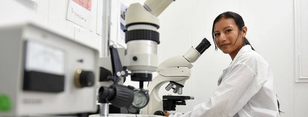
On the 11th of February, the UN celebrates the international day for women and girls in science! During the last decades, the global community have made a lot of effort to inspire women and girls in the field of science. However, women and girls continue to be excluded from participating to the fullest.